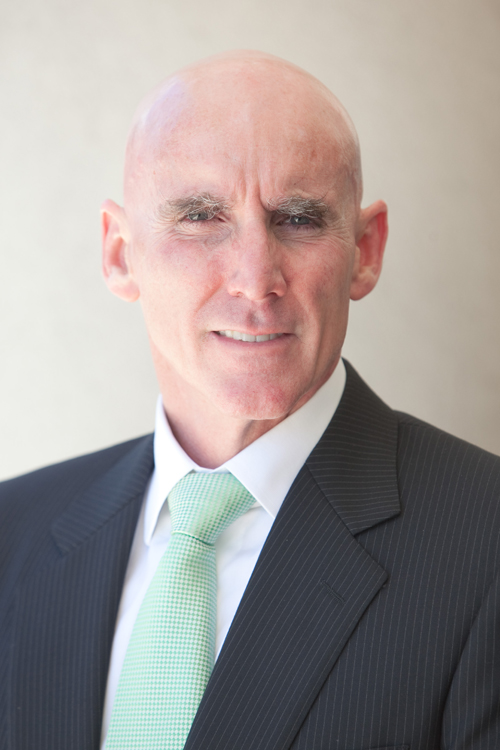NBN Co's Quigley attacks Coalition policy

NBN Co chief executive Mike Quigley has delivered a stinging attack on the Coalition's broadband policy, publicly backing Labor's rival National Broadband Network project just days before the Federal Election.

Mike Quigley (Credit: NBN Co)
In a speech to the Australian Computer Society in Sydney (PDF) this afternoon, Quigley stated explicitly that it was "better to invest $27 billion", the amount that the government expects to invest itself in the NBN, rather than "spend $6 billion" as the Coalition is planning to do under its own policy.
The Coalition has repeatedly described the NBN as a "white elephant", and Opposition Leader Tony Abbott has highlighted the potential for mobile broadband networks to provide much of the same functionality that Labor's NBN project promises to deliver. Abbott has also pushed the potential for competition in the sector to achieve substantive outcomes and has pledged to abolish Quigley's company.
In his speech, Quigley appeared to directly attack the Coalition's claims, according to speech notes delivered to the press this afternoon.
"Far from being a 'white elephant', the NBN can provide an acceptable return for the government," he said. "Taxpayers will get their $27 billion investment back with interest and they will get a network they can use for decades. This is, I believe, a much better option for the Australian public than giving billions of dollars of taxpayer funding to subsidise commercial companies to marginally improve today's broadband networks."
Quigley also attacked the Coalition's mobile focus.
"Some have claimed that the fibre-to-the-premises network would end up not being used because of the growing capability of mobile networks," he said. "But why then, are some very large and very experienced commercial telcos investing in fibre architectures, both fibre to the node and fibre to the premises?"
Using AT&T, Verizon and China Mobile as examples, he said: "Are all these telcos wrong about the future of fibre to the premises?"
Abbott has also voiced the opinion that it is not the government's role to dictate what technologies it should support, because future technological development may make them obsolete.
"To suggest that we not build a fibre-based network in Australia now, because maybe some new, but not yet imagined, technology may turn up, displays a rather naive view about how science and technology progresses," Quigley said of that notion.
Furthermore, Quigley argued, again, contrary to the Coalition's view, it was good use of public money to build the NBN. "Not only because of the advantages that a national fibre network provides, but because it will simultaneously correct the industry structure problem which has limited Australia's telecoms landscape for more than a decade," he said.
The NBN Co chief acknowledged that his comments came at a charged time.
"When, many months ago, I accepted the invitation to speak here today, little did I know that it would be just a few days before a federal election, the outcome of which will have a profound impact on our industry," he said, adding that he had questioned how to react with his speech.
"My conclusion was to take a deep breath and just tell it as I see it — without fear or favour," he said.